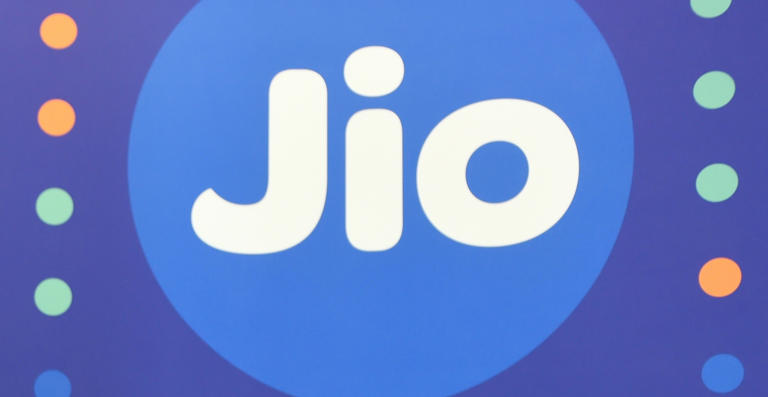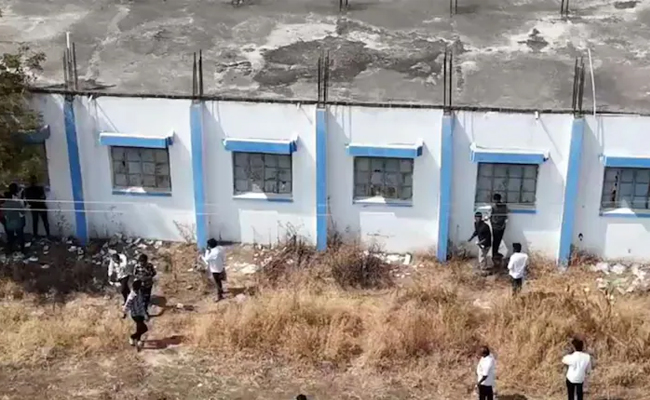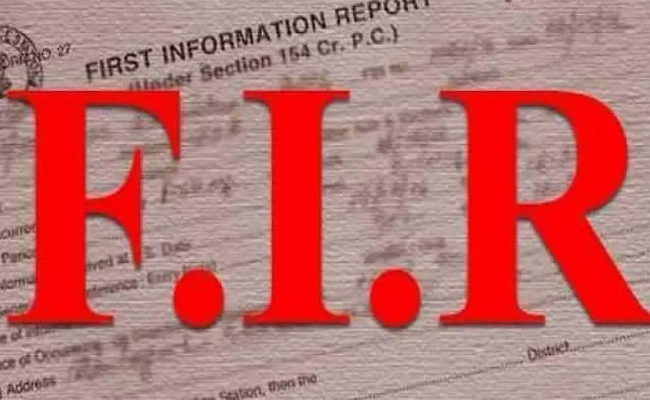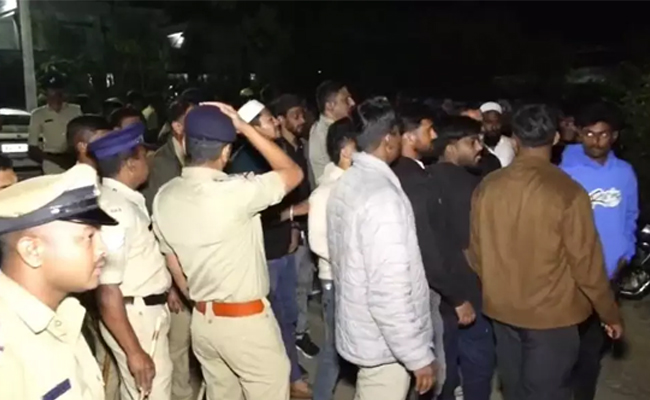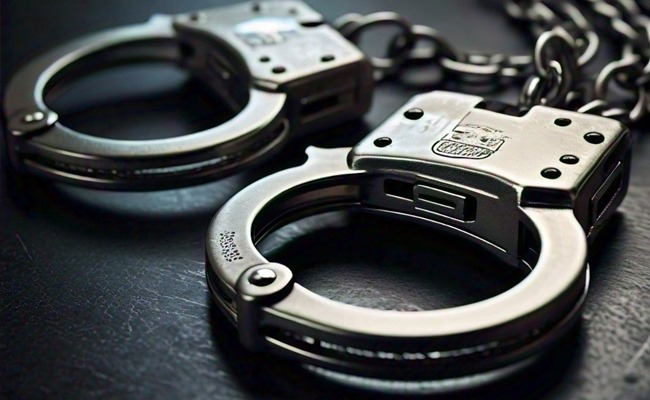New Delhi, Mar 8: Reliance Jio, the country's largest telecom operator, on Wednesday announced the launch of its 5G services in 27 more cities of 13 states and union territories to extend its network of ultra high-speed telephony to 331 cities across India.
Let the Truth be known. If you read VB and like VB, please be a VB Supporter and Help us deliver the Truth to one and all.
Beed (PTI): Five teachers, who were caught allegedly facilitating large-scale copying during an HSC (Class 12) examination paper at a centre in Maharashtra's Beed district, have been suspended, an official said on Tuesday.
The police had registered a first information report (FIR) against 17 teachers after a drone camera exposed large-scale copying on February 10, the first day of the Class 12 exams conducted by the Maharashtra State Board of Secondary and Higher Secondary Education, at Centre 224 in Chousala.
Drone-mounted surveillance cameras deployed by the authorities captured supervisors in 16 examination halls, not only failing to prevent copying but also allegedly helping students cheat openly.
The official said five teachers from Bhalchandra Vidyalaya in Limbaganesh have been suspended in connection with the malpractice, and 12 from three other schools and junior colleges are under investigation and may face suspension as the probe widens.
After learning about the February 10 incident, Beed Collector Vivek Johnson ordered strict action against those responsible for the lapse.
Accordingly, an FIR was registered against 17 teachers, including the chief conductor of the exam centre, at Neknoor police station and charges under the Maharashtra Universities, Boards and Other Specified Examinations (Prevention of Malpractices) Act and Bharatiya Nyaya Sanhita were invoked.
The Education Department subsequently directed the concerned institutions to suspend the implicated staff.

